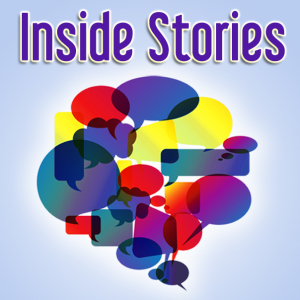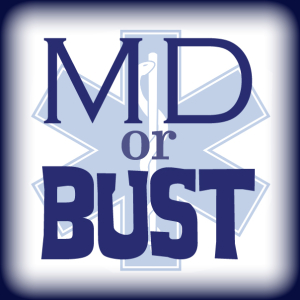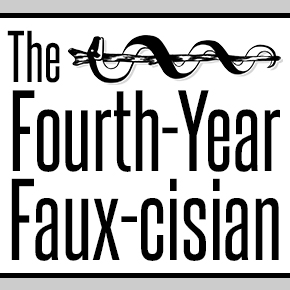Darling Baby Boy
During morning rounds, the resident and I stopped by our young patient’s room. He was technically five weeks old, but was born five weeks prematurely, so all in all, he was delightfully newborn-sized. The nurse was sitting in a recliner, holding him. He was well enough to be held. We finished rounds, ate breakfast, and headed to the OR. Our work unexpectedly finished early for the day, and I was free to go. Instead of immediately leaving the hospital, I headed back to our young patient’s room.






